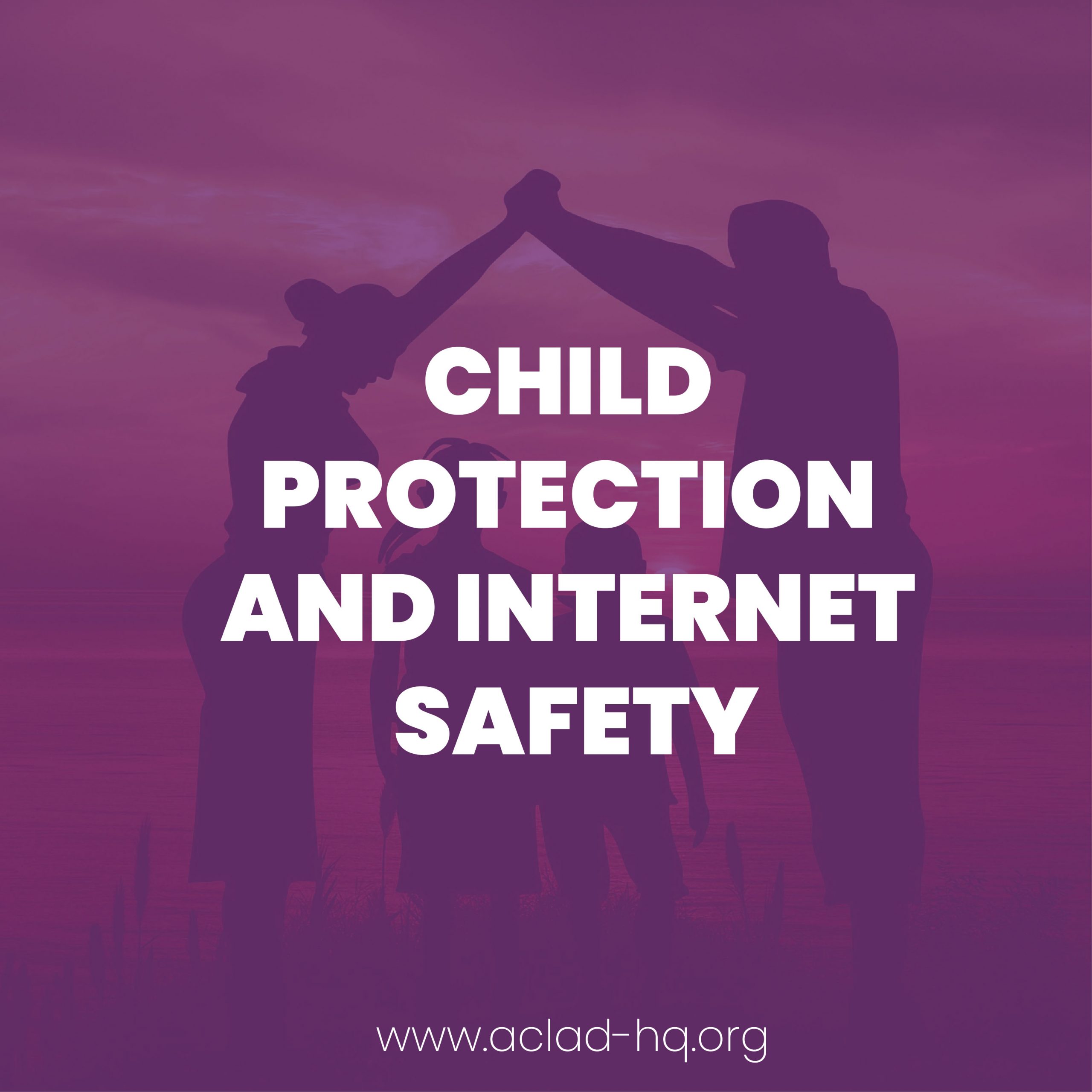Child protection and internet safety

Rrrrrrrrrrrrring! Recess! School’s out! For about two months, Kenyan school children will be at home for the holidays before the next school term begins. This means that many of them who have smartphones and other internet-enabled gadgets like tablets and laptops will be back online. Without proper knowledge on internet safety, they are at risk of exposure to harassment by cyberbullies, privacy invasion by phishing scammers who trick children out of sensitive information about themselves or you (the parent or guardian), sexual predators and sexting. Other risks include inappropriate content such as sexually explicit, violent, obscene or age-inappropriate. Knowing that these youngsters socialize online nearly as much as they do face-to-face on the playground, it is important that they are aware of the risks and dangers of the digital community.
Internet safety is a two-way street that involves parents also being aware of these online risks and an understanding of how to guide their children and teenagers when they encounter them. Turner[1] (2020) indicates that there are several ways in which parents can protect their children online, which include parental controls where passwords are required to access certain sites and online sources; apps and tracking software where the parents can regularly check on their children and the online sites they have visited. But Turner insists that the most effective method of keeping children safe online is talking to them about online risks, how to avoid them and speaking up when they encounter any form of harassment online. In addition, parents should be attentive to any behavior changes such as solitude and withdrawal, sudden quietness of a child who was previously talkative, which may be an indication of cyberbullying or some contact with an online sexual predator.
As a parent, in as much as you would want to share your children and their winnings with the world in this digital global village in which we live, it is advisable not to post photos and names of your minors online as they easily become targets both online and offline for those with ill-intentions such as kidnappers and sexual predators. Children and teenagers should also be taught that the rule –don’t talk to strangers- also applies to their online interactions. That there are persons who log onto gaming and social media platforms to harass and taunt others should be known. These are cyberbullies, and both children and parents should know how to block and report them. In addition, children should be comfortable enough to let their parents and guardians know if someone’s actions online are making them feel uncomfortable or attacked, which should allow the parent to take appropriate action. Remember, it takes the effort of both the parents and the children and teenagers to stay safe online.
Catherine Muteithia
ACLAD Media Consultant
[1] Turner, T. (2020) Internet Safety for Kids. Retrieved from https://www.consumernotice.org/data-protection/internet-safety-for-kids/
